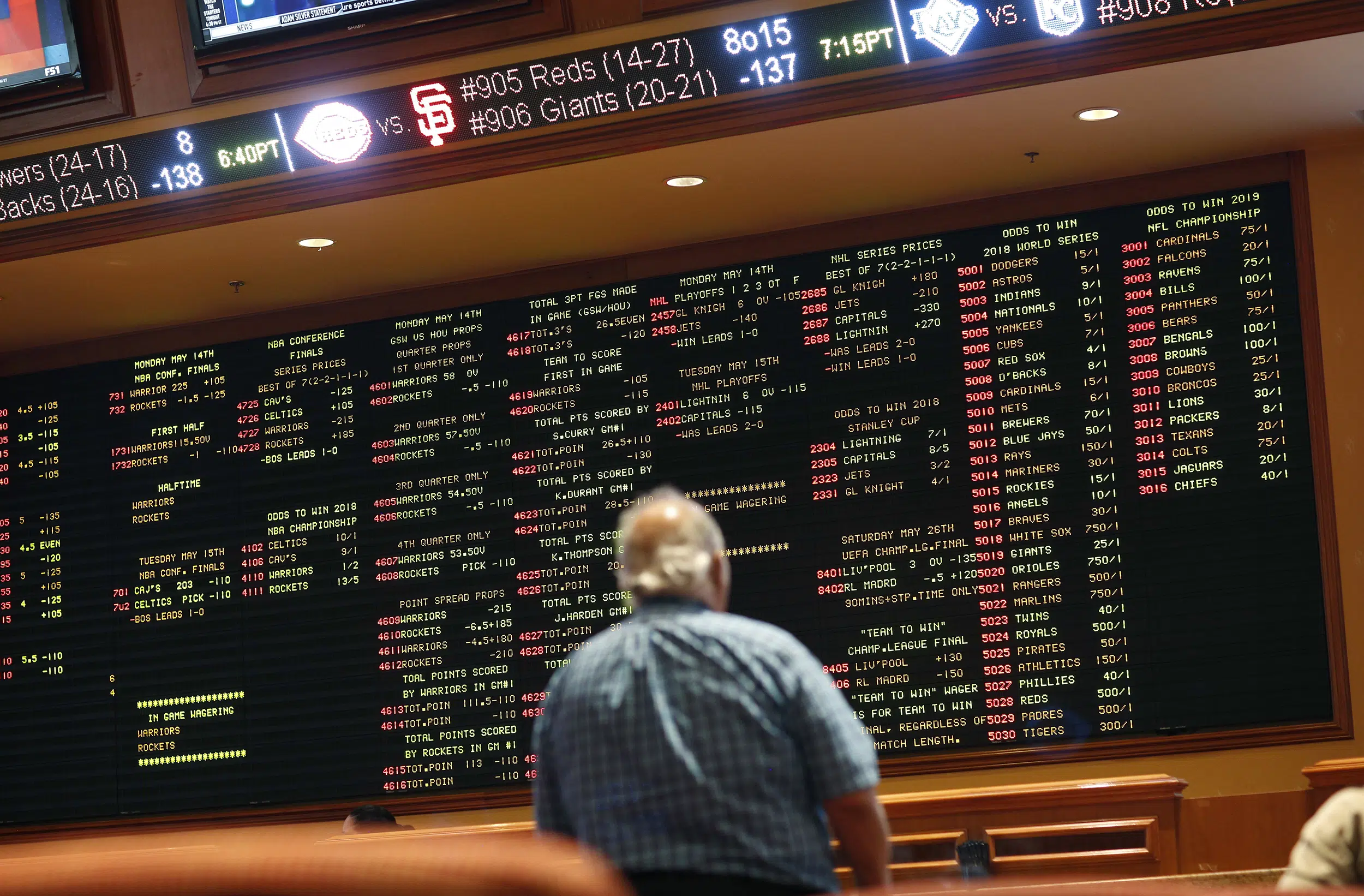No matter the industry, data has something to say. Through artificially intelligent platforms, companies are able to crunch massive amounts of information into applicable observations and trends.
This applies to consumers, as well as the market as a whole. In other words, big data helps companies target their demographics, as well as identify future market trends. The more lucrative an industry, the more money executives are willing to siphon toward data analytics.
Sportsbooks are no exception. Given the popularity and fiscal strength behind sports betting, the presence of computer picks is likely to grow. However, just because AI programs can pick stocks with better returns than their human counterparts, computer picks still have a long way to go before regular punters jump onboard.
Applied to Wagers
Usually, punters stick with the betting strategy that yields the best results, which comes down to a mix of research and experience. Typically, sports bettors rely on a few tried-and-true methods, as well as a bevy of expert insight from sports analysts and pundits.
Computer picks (sometimes computer predictions) are generated by AI programs and lack the ‘human touch’ or insight. These programs use raw sets of data from sports leagues, teams, and individual players in order to identify trends. From there, they make picks on upcoming events.
What gives computer picks an edge is their ability to synthesize massive quantities of data points. To the untrained eye (or the human eye in general), this data presents endless pages of numbers. But, in addition to drawing conclusions from this raw information, AI programs can also crunch numbers from seasons in the distant past.
Whether or not the White Sox record in 1906 applies to the upcoming MLB Season may be unclear to an analyst, but to an AI program, there may be a relevant trend identified.
The Human Touch
Given the growing trend toward AI algorithms to determine the outcome of a sporting event, it’s likely analysts and pundits will find a way to incorporate computer picks into their predictions. Currently, the US is slowly building a sector of reliable and competitive sportsbooks that rely on human analysts.
For example, one sportsbook active in Colorado, Pennsylvania, and New Jersey combines experience with expertise to provide wagers on major league sports. Though hard data provides useful insights to these experts, top oddsmakers know to pay close attention to human and environmental factors that influence teams, like home-field advantage, weather conditions, and injuries to leading players.
Moving forward, AI programs can complement the insight from top analysts and pundits. Typically, new punters will compare their picks to those made by experts in order to gauge how well they’re able to predict outcomes. AI programs make a useful addition for newcomers interested in learning the ropes, balancing data analysis with a pundit’s expert opinion.
Determining Application
Despite AI’s success in determining the future of finance, the application of big data in the realm of sports betting has been less concrete. The close relationship between finance and sports betting hinges on the ability to predict outcomes, as well as the movement of millions (sometimes billions) of dollars.
However, as mentioned earlier, the world of sports relies on human factors more than the stock market. The stock market may be eager to back sports betting because of how lucrative the industry is, but much of this enthusiasm hinges on the idea that computer picks will provide reliable, consistent predictions for determining the outcome of a game.
This is problematic for two reasons. The first is that data aggregation hasn’t been clearly applied to each sport. In other words, just because an AI program can collect data and make a prediction, that pick doesn’t exist in a vacuum. It competes with other odds put forth by sportsbooks.
Second, sports betting markets may not benefit from a clear pick each time. Do punters, or sports fan who don’t wager on their team, want to conclusively know which team will take the Super Bowl before the NFL season has started? No matter how reliable the pick, human interest in chance is a major facet of sports, and it isn’t likely to fade.




